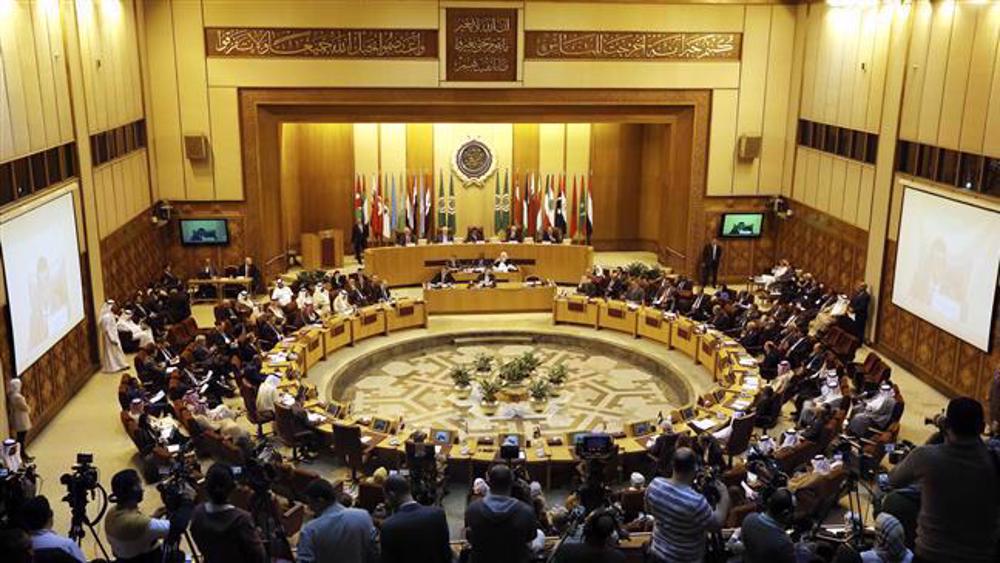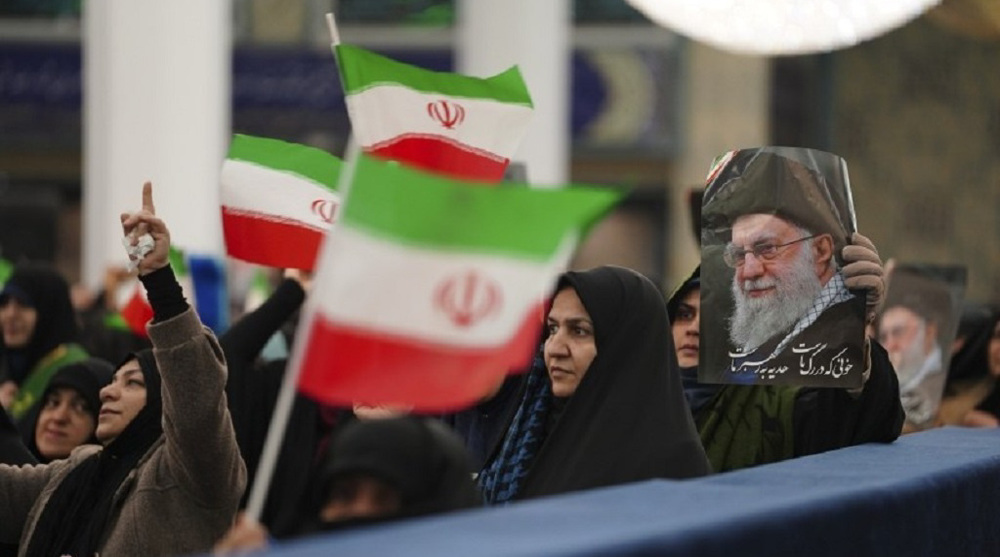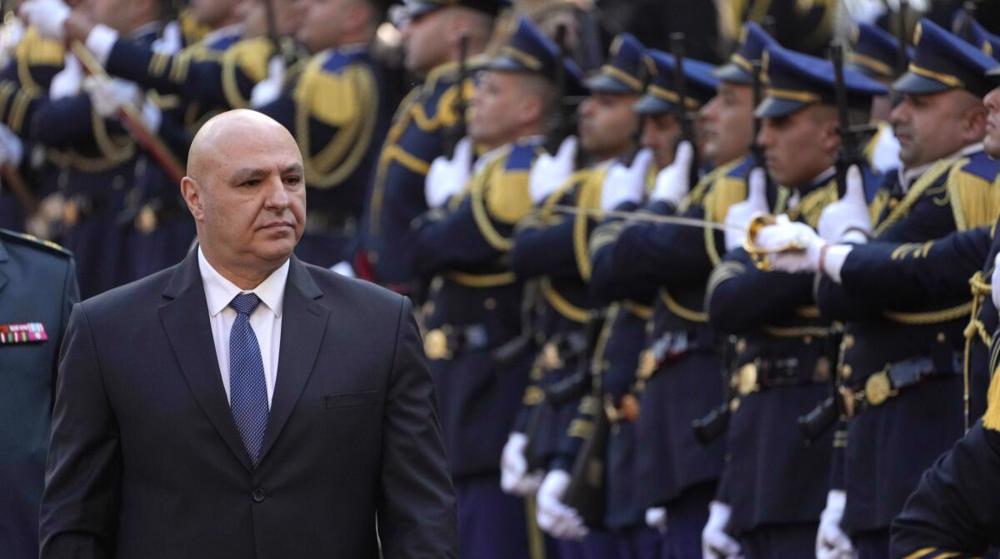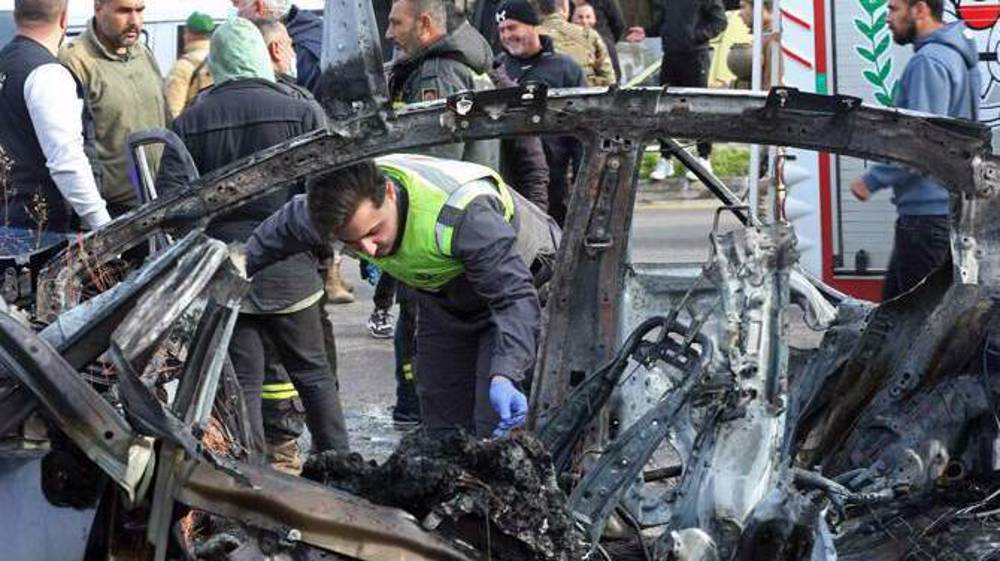Saudi-led Arab League offers to intervene in Lebanon’s political statement
Toeing the Western line, the Arab League — whose leading member Saudi Arabia, notoriously, once abducted and interrogated Lebanon’s prime minister — has offered intervention to “help” end the political stalemate over government formation in the Arab country.
“The Secretary General, Mr. Ahmed Aboul Gheit, feels great concern due to the debates in the political field that suggest that the country is sliding into a severe crisis situation, the features of which are now clearly visible,” Aboul Gheit’s assistant, Hossam Zaki, said in a statement on Tuesday.
Zaki further renewed the body’s readiness for what he described as efforts to bridge the current gap and reach an agreed-upon equation enabling Hariri to form a government without “obstructing the French initiative that was endorsed by the Arab League during its meeting on March 3.”
Lebanon’s financial crisis intensified on Monday after a much-anticipated meeting between Lebanon’s President Michel Aoun and Prime Minister-designate Saad Hariri to discuss the formation of a new government and end months of political bickering in the country failed to achieve any breakthrough.
Aoun, Hariri trade barbs
Hariri, designated acting prime minister in October, claimed after a meeting with Aoun in Baabda Palace that the president had previously sent him his own cabinet lineup, which he did not approve on grounds that it was unconstitutional for a Lebanese president to form a government.
Aoun’s office, however, rejected Hariri’s claim, saying that the president’s proposal “contains no names” but a mere mechanism for government formation “in terms of cooperation that must precede every agreement pursuant to the provisions of Article 53 — Clause 4 of the Constitution.”
Hariri’s office published the paper claimed to have been submitted by Aoun, which showed a ministerial distribution.
Later on, the Lebanese Presidency issued a statement, saying the recent paper released by Hariri’s office dated back to the early governmental consultations between the president and premier-designate.
Lebanon is facing both a political deadlock and an economic crisis, with no new government agreed some seven months after Prime Minister Hassan Diab resigned in the wake of the August 4 Beirut port explosion that destroyed swathes of the capital and left 200 people dead.
Compounded by the COVID-19 pandemic, the country is experiencing its worst economic crisis in decades as prices are skyrocketing and more than half of the population is now living below the poverty line.
People have been staging protests since 2019 as the financial crisis has so far slashed almost 90% of the value of the Lebanese currency and raised the risk of widespread hunger.
President Aoun has ordered an investigation into the fall of the national currency’s value and the punishment of those responsible for the potential corruption that has brought about the situation.
Amid the mayhem, foreign forces, spearheaded by France and the US, have appeared set to influence Lebanon’s political stage with the aim of diminishing the role of Lebanon’s Hezbollah resistance movement, which has a huge popular base both at home and among regional nations.
Since the Beirut explosion, France’s President Emmanuel Macron has paid several controversial trips to his country’s former colony under the guise of helping speed up government formation.
Macron had proposed a roadmap to Lebanese authorities to unlock billions of dollars in funds from the international community.
In a blatantly interventionist position, the French head of state also threatened Lebanese leaders with sanctions if they do not submit to reforms and a “political change.”
There are also reports that Paris is now ready to discuss the prospect of sanctions, at European Union or national level, on senior Lebanese officials.
In turn, the US under ex-president Donald Trump sanctioned several Lebanese officials for supporting Lebanon’s Hezbollah resistance movement. The administration of new President Joe Biden was also reported to be seeking coordinated measures with the EU against the chief of Lebanon’s cash-strapped Central Bank.
Commenting on the crisis in his homeland, Hezbollah Secretary-General warned, in his latest speech on March 18, against attempts by certain “outside forces” and the ones at home to ignite a civil war in the country on economic, racial, and religious grounds, emphasizing that the movement — which is also the country’s de facto military power — will not allow anyone to realize such a fiendish plot.
The Arab League’s offer comes against the backdrop of Riyadh’s long-running intervention in Lebanon’s domestic policies through its affiliates inside the Arab country, Hariri, a dual Lebanese-Saudi national, with the goal of undermining Hezbollah, which has been playing a leading regional role in the battle against the terrorist groups backed by Riyadh and its Western allies.
To achieve that goal, Saudi Arabia in 2017 abducted Hariri during a trip to kingdom, where the then Lebanese premier was forced to step down live on TV and blame his resignation on Hezbollah and Iran.
That drama ended when Hariri returned to Lebanon days later — partially after a diplomatic intervention by France — and rescinded his resignation on December 5.
VIDEO | Israel silencing truth
IRGC: Enemy command room of 10 intel agencies targeted Iran
US threat to Iran's Leader will ignite entire region: Hezbollah
VIDEO | Campaign to stop sale of Israel bonds grows in US
VIDEO | Iran judiciary, military detail foreign role in unrest; honor martyrs
Experts slam ‘scientifically reckless’ US withdrawal from WHO
Recent US military actions signal return to ‘predatory colonialism’: UN rapporteur
‘Confused clowns’: Iran FM blasts Zelensky over call for aggression on Iran










 This makes it easy to access the Press TV website
This makes it easy to access the Press TV website